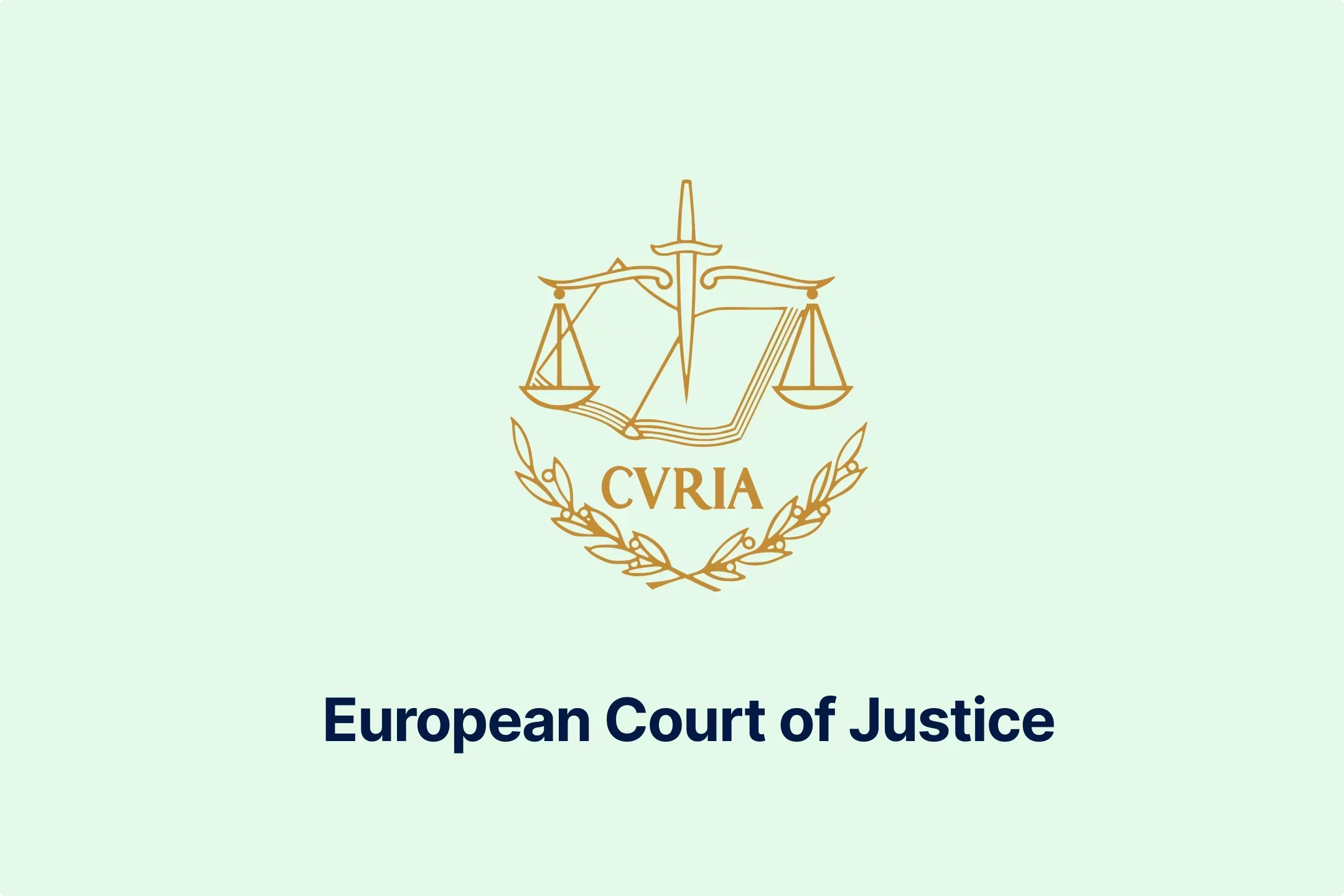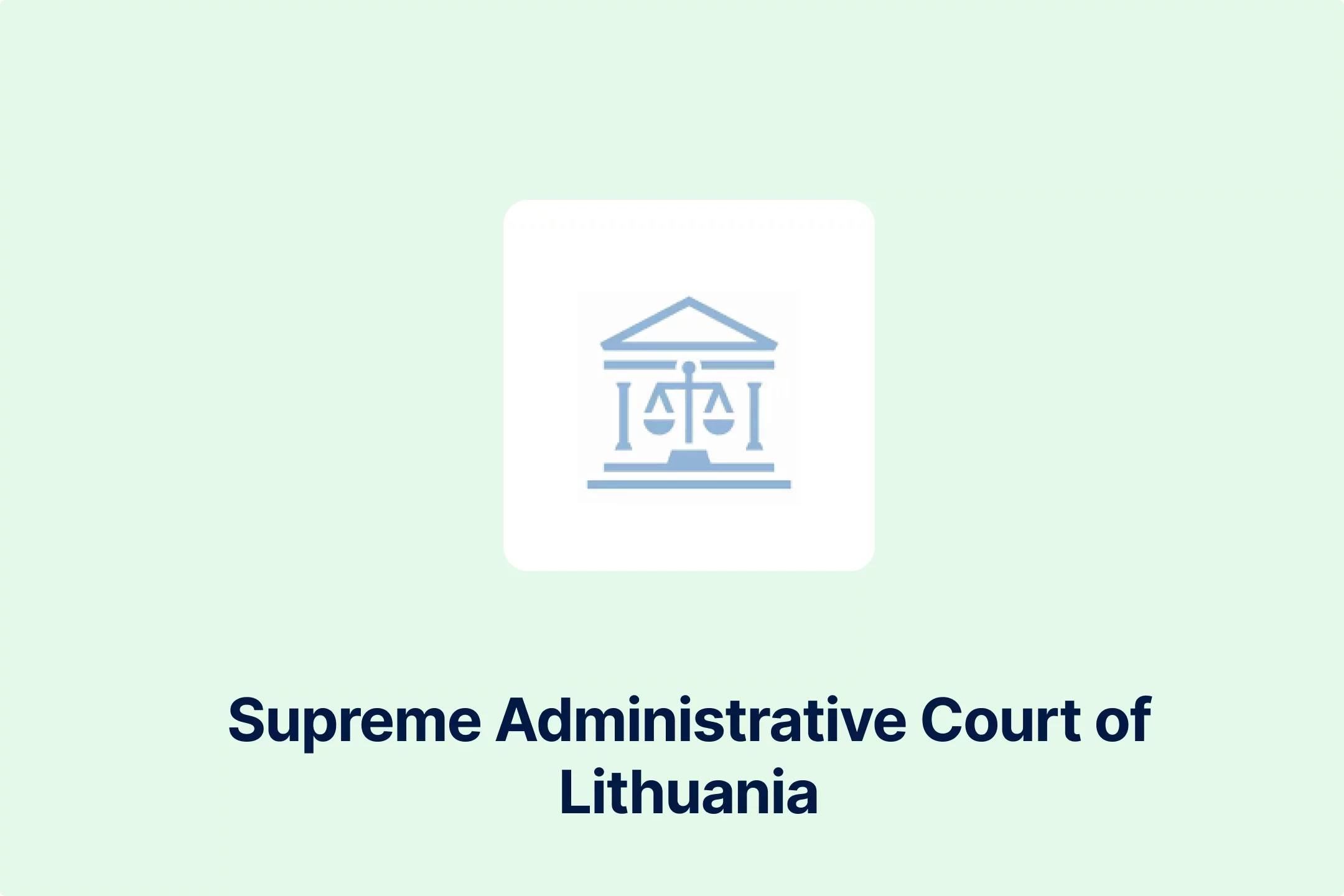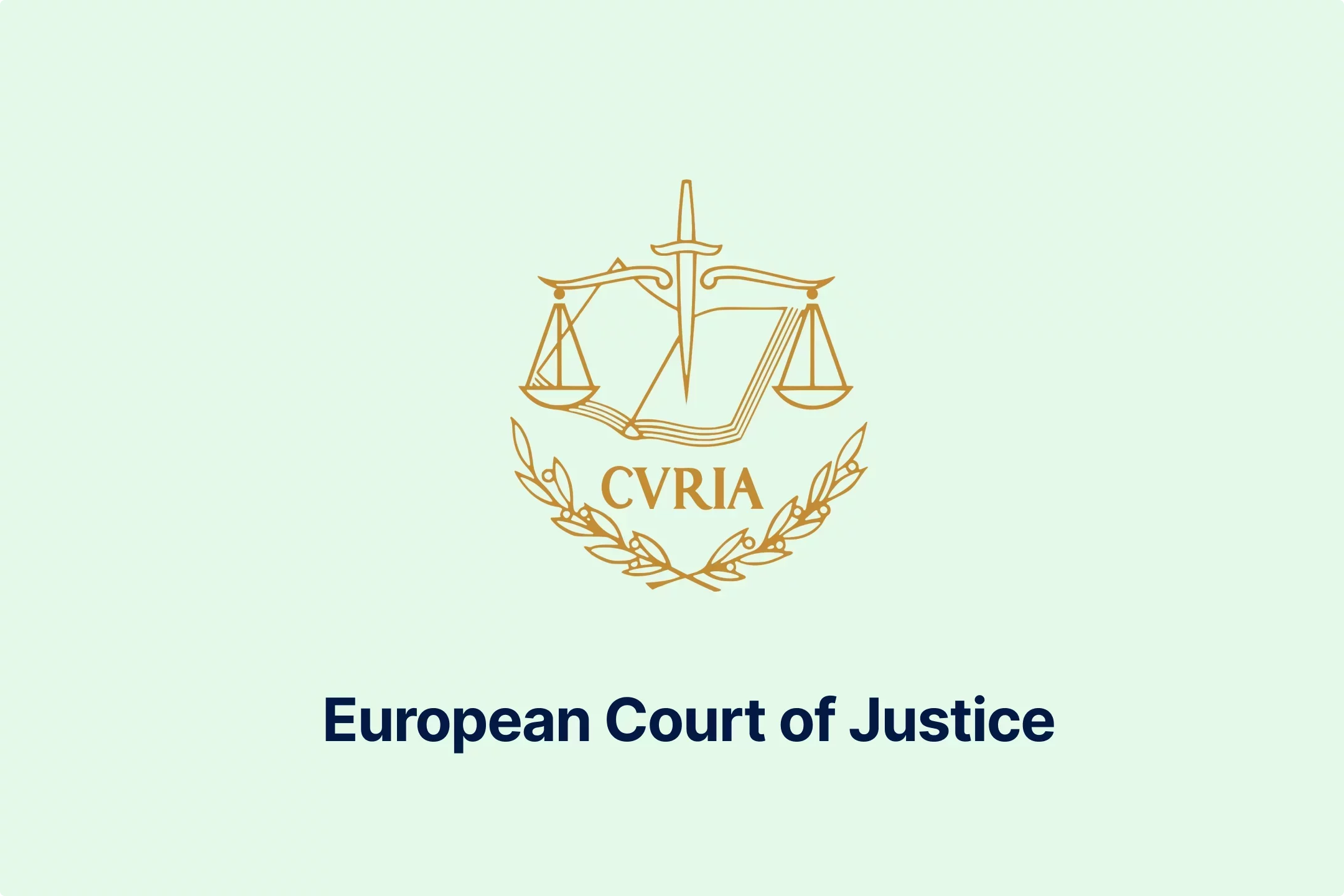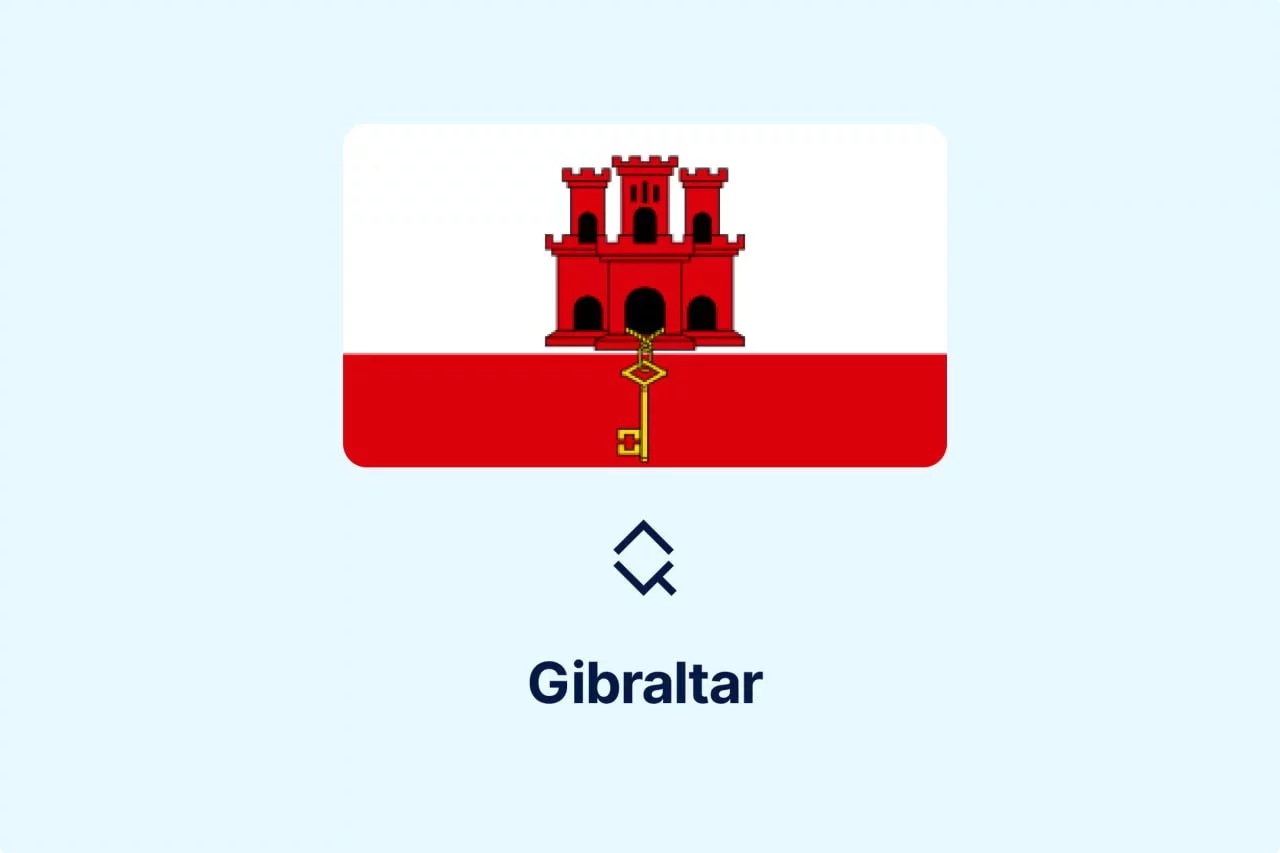Bitcoin Case C‑264/14: Landmark Ruling on VAT Treatment of Cryptocurrency Exchange Services

Prefer to Listen? Here’s the Case Review Podcast
If you’d rather listen than read, check out our podcast for a detailed review of the latest European Court decisions.
In 2014, Bitcoin was still in its early stages, and the whole ecosystem surrounding virtual currencies and cryptocurrencies was developing. That resulted in many disputes between individuals and businesses on one side and national Tax Authorities on the other.
One such dispute occurred in Sweden between David Hedqvist and the Tax Authority regarding whether transactions relating to exchanging a traditional or fiat currency for Bitcoin or vice versa were subject to VAT.
Background of the Case
With the idea of establishing a company that will provide services for exchanging traditional currencies, such as the Swedish crown, for Bitcoin and vice versa, Mr. Hedqvist submitted a request for a preliminary decision to the Revenue Law Commission to determine whether VAT must be paid on the purchase and sale of Bitcoin.
In its decision, the Revenue Law Commission concluded that, following the case law and under Swedish VAT legislation, such exchange services are exempt from VAT. Moreover, the Revenue Law Commission stated that Bitcoin should be treated as legal tender or a means of payment similar to banknotes and coins.
Therefore, the Revenue Law Commission's opinion was that the VAT exemption provided for financial services should apply to these transactions since the exemptions are meant to avoid the complications of applying VAT to financial transactions.
However, the Swedish Tax Authority appealed against the decision before the Supreme Administrative Court, stating that the services Mr. Hedqvist wants to provide do not fall under the scope of VAT exemption under Swedish VAT Law.
Based on previous ECJ decisions, the Supreme Administrative Court held that exchanging virtual currency, such as Bitcoin, for traditional currencies and vice versa is a paid service when the operator earns money from the difference between the buying and selling price. From that point of view, the key question for the Supreme Administrative Court was whether the transaction qualified for a VAT exemption under EU regulations.
Doubtful about how EU law applies to such transactions, the Supreme Administrative Court paused the proceeding and referred questions to the ECJ for a preliminary ruling.
Main Questions from Request For Ruling
The Swedish Supreme Administrative Court referred two questions to the ECJ for a preliminary ruling. The first question was whether the EU VAT Directive considers this kind of currency exchange transaction as a service provided for payment.
The second question depends on what the ECJ determines for the first one. Therefore, if the answer to the first question is positive, the second question was whether those transactions fall under the VAT exemptions defined in Article 135(1) of the VAT Directive, meaning they would not be subject to VAT.
Applicable EU VAT Directive Article
Four articles were crucial for answering the questions regarding the applicable article from the EU VAT Directive. The first important article was Article 2, which defines the supply of goods or services for a fee within an EU country as a taxable transaction subject to VAT.
Furthermore, Articles 14(1) and 24(1) provide additional clarifications on the terms supply of goods and services, stating that supply of goods is the transfer of the right to dispose of tangible property as owner, and that supply of goods is any transaction not considered supply of goods, respectively.
Finally, Article 135 refers to types of financial transactions that EU countries must exempt from VAT. Listed services include those related to bank accounts, payments, and money transfers, as long as they are not debt collection. Furthermore, transactions referring to money used as official currency, like banknotes and coins, but not rare collectors' items, are also included in the list.
Additionally, Article 135 includes dealings in financial instruments like company shares and bonds, but does not include services like managing or storing these items or documents representing ownership of goods.
Sweden National VAT Rules
Under Swedish law, VAT is due on goods and services sold and provided to Swedish consumers if the seller is a taxable person. However, there are exemptions to the rule, in alignment with the EU-wide rules, such as the exemption for money used as official currency, like regular coins and banknotes, as long as they are not rare collectors’ items.
The Swedish legislature provides other exemptions that cover banking, financial services, and transactions involving securities and similar instruments. However, these exemptions do not include services like notary work, invoice collection, or admin tasks related to factoring or storage leasing.
Importance of the Case for Taxable Persons
The ECJ ruling played a pivotal role in establishing VAT-applicable rules for exchange services relating to cryptocurrency and defining Bitcoin and digital currencies as payment mediums similar to traditional banknotes and coins issued by National Banks.
Moreover, the ECJ ruling provided a path for all taxable persons operating in the crypto industry to understand how their exchange services are treated from a VAT perspective. Also, considering this was the first ever ruling on digital currencies, it brought a consistent approach among EU countries on taxing specified Bitcoin transactions.
Analysis of the Court Findings
The ECJ started its analysis of the regulatory framework concerning the first question by stating that when used in exchange for traditional currencies, Bitcoin is not considered a physical property under EU VAT rules because its only purpose is to serve as a payment method.
Since Bitcoin and traditional currencies are forms of payment, exchanging one for the other cannot be treated as supplying goods. Consequently, exchanging currencies is considered a service under the EU VAT Directive. The ECJ explained that for a service to be subject to VAT, there must be a clear connection between the service and the money received, such as a legal agreement between the parties.
In Mr. Hedqvist's case, his company and the customer agree to exchange traditional currencies for Bitcoin and vice versa, and the company generates revenue through the margin it adds to the exchange rate. Therefore, there is a direct exchange of service for payment, qualifying such services as taxable under EU VAT rules.
ECJ added that even if there is no separate fee or commission on the service provided, it can still be considered a service supplied for payment if a profit is made from the transactions. Because Mr. Hedqvist's company earned on the difference between the buying and selling price of Bitcoin, such difference is considered payment for the service. Thus, once again, it is confirmed that these services are a supply of services for consideration under the EU VAT Directive.
Regarding the VAT exemption provided under Article 135 of the EU VAT Directive, the ECJ clarified that the nature of financial services must be determined to be exempt. More specifically, the VAT exemption for financial services covers those that transfer money, such as bank transfers, but does not include services that deal with money.
Therefore, Bitcoin does not fit into the current or deposit account, payment, or transfer category. It also does not fit into the category of debt, cheques, and other negotiable instruments. Bitcoin functions simply as a direct form of payment between parties that have agreed to accept it, much like cash in digital form.
Furthermore, the ECJ examined whether the VAT exemptions that cover transactions involving currency, banknotes, and coins used as legal tender apply to transactions involving Bitcoin. The ECJ noted that EU rules require a uniform interpretation across all language versions of the EU VAT Directive, adding that there is ambiguity whether this exemption applies strictly to traditional legal tender or could also include other forms of currency like Bitcoin.
Therefore, the ECJ emphasized that interpretation cannot rely only on the text and that the meaning of the provision must be determined by considering the broader context, objectives, and structure of the VAT Directive. Moreover, after carefully examining the purpose of the provided exemption under Article 135 and the application of the rules on traditional payment methods and non-traditional methods, such as Bitcoin, the ECJ concluded that exemptions should also apply to Bitcoin when used solely as a means of payment.
Such a conclusion is justified because exchange services, whether exchanging one traditional currency for another or involving traditional and digital currency, imply the same complexities in determining whether VAT applies. Thus, limiting the exemption exclusively to traditional currencies would undermine the provision's intention.
Courts Final Decision
After carefully considering all the aspects of the case, primarily the nature of transactions and the broader context of the VAT exemption provision, the ECJ ruled that exchanging traditional currencies for Bitcoin and vice versa, where the operator earns a profit from the difference between buying and selling prices, qualifies as a supply of services for consideration under EU VAT law.
Moreover, those transactions are exempt from VAT under Article 135(1)(e) because Bitcoin, although not legal tender, serves as an accepted means of payment and falls under the scope of financial transactions covered by VAT exemption.
Conclusion
The ECJ ruling in the Bitcoin case should be and is considered a landmark decision that established a foundational legal precedent for the VAT treatment of Bitcoin adn similar digital, virtual, or cryptocurrencies.
Moreover, by recognizing exchange services as taxable supplies of services exempt from VAT under the financial transaction exemption, the Court played a crucial role in setting applicable VAT rules for the emerging crypto-economy at the time. Additionally, the ECJ decision brought legal clarity and uniformity across EU countries and acknowledged the evolving nature of money in the digital age.
Sources: Case C‑264/14 - Swedish Tax Authority v David Hedqvist, EU VAT Directive

Featured Insights

Burkina Faso FEC E-Invoicing Mandatory July 2026
🕝 February 24, 2026More News from Europe
Get real-time updates and developments from around the world, keeping you informed and prepared.
-e9lcpxl5nq.webp)




-zzrhegqsyq.webp)

-ulcnia30z1.webp)



-3rcczziozt.webp)

-rvskhoqpms.webp)




-a5mkrjbira.webp)

-ivkzc1pwr4.webp)




-hssrwb5osg.webp)



-c06xa1wopr.webp)









-webajrr4ny.webp)
-evibmwdwcn.webp)
-7acdre0hop.webp)

-lcgcyghaer.webp)
-ol6mdkdowg.webp)
-aqdwtmzhkd.webp)

-njgdvdxe2u.webp)



-i6rki3jbad.webp)
-hdwgtama05.webp)

-atbhy5fyxv.webp)






-zp2n6zixoa.webp)
-oa1ynbm4sn.webp)


-lltkno6txy.webp)



-do38odrqnq.webp)

-t409oldqzt.webp)

-hordopb6xh.webp)

-ooimnrbete.webp)

-lwb5qpsily.webp)


-eumafizrhm.webp)

-mtqp3va9gb.webp)

-3ewrn1yvfa.webp)
-591j35flz2.webp)

-huj3cam1de.webp)


-hafis0ii23.webp)

-qseaw5zmcy.webp)



-qzsah2ifqx.webp)


-69rzooghib.webp)
-wrvng98m0g.webp)


-psucycuxh2.webp)
-klyo8bn5lc.webp)




-6wv5h5eyyd.webp)
-tfgg78rbid.webp)
-a6jpv9ny8v.webp)
-qhdbapy0qr.webp)


-owvu7zoc13.webp)


-h28jrh1ukm.webp)

-wl9bl1rw3a.webp)

-2w76jtvtuk.webp)

-c0uvrmrq9j.webp)



-pofe7ucwz3.webp)



-5cc23ezxyf.webp)
-rrmabbekeb.webp)








-iyyeiabtaf.webp)
-c8rbjkcs01.webp)
-nilkffjhah.webp)

-hikakq55ae.webp)

-z1d60bldtg.webp)
-d1a0q6n7mp.webp)
-viip8nvoeh.webp)
-bvv1otliox.webp)



-de8hdb1bn3.webp)
-7xsxxoypnx.webp)

-cm0opezg73.webp)
-0tovsdupmi.webp)
-subxdamdj6.webp)


-gly6ablwnh.webp)
-gkduqhwbzh.webp)
-qpe1ld9vcj.webp)
-8noukwsmba.webp)
-aka29tuhkt.webp)


-fisvs27yrp.webp)


-mp0jakanyb.webp)

-aivzsuryuq.webp)



-o7f4ogsy06.webp)

-zjja92wdje.webp)
-hrbhdts8ry.webp)
-qtdkwpgkug.webp)


-cf8ccgah0p.webp)
-0em3cif5s6.webp)






-ptzesl0kij.webp)

-tfzv42pyms.webp)







-uodv7sfbih.webp)
-bbrdfmm9qf.webp)



-m2tl8crfqr.webp)




-1awbqjgpjs.webp)
-avbjsn1k1g.webp)


-0h8ohkx6s0.webp)



-wfmqhtc7i6.webp)
-7wljbof2zo.webp)
-eqt97uyekl.webp)
-wzw9mcf563.webp)

-z4oxr6i0zd.webp)




-l0zcrrzvhb.webp)
-fhtic1pwml.webp)

-iipdguuz9p.webp)
-nkhhwrnggm.webp)
-pltqwerr3w.webp)

-nn6mtfbneq.webp)

-tmnklelfku.webp)



-8z1msbdibu.webp)
-7g16lgggrv.webp)



-lxcwgtzitc.webp)
-9mc55kqwtx.webp)


-xla7j3cxwz.webp)
-jrdryw2eil.webp)






-t9qr49xs2u.webp)


-qjopq5jplv.webp)



-vune1zdqex.webp)

-qsozqjwle2.webp)
-rgjta7iwiv.webp)

-zb6bxxws47.webp)
-lyfjzw4okp.webp)

-ogpfmol5m1.png)


-czisebympl.png)

-zetvivc79v.png)
-ud7ylvkade.png)
-qizq6w2v5z.png)







-ihr6b4mpo1.webp)
-k1j4au0ph6.webp)
-swxxcatugi.webp)


-ig9tutqopw.webp)

-tauoa6ziym.webp)

-spr0wydvvg.webp)

-xfuognajem.webp)





-u2nv5luoqc.webp)








-opuxpan2iu.webp)




-kwttsfd8ow.webp)
-8u14qi10nj.webp)

-wjpr96aq5g.webp)

.png)

.png)


.png)


.png)



.png)
.png)
.png)
.png)
.png)

.png)
.png)




.png)
.png)




































































































































